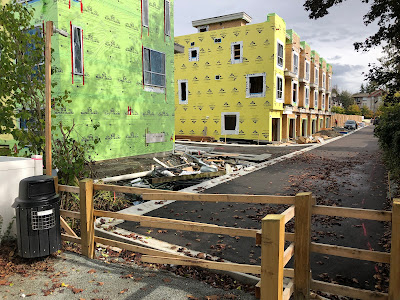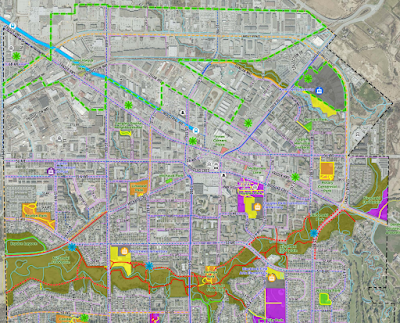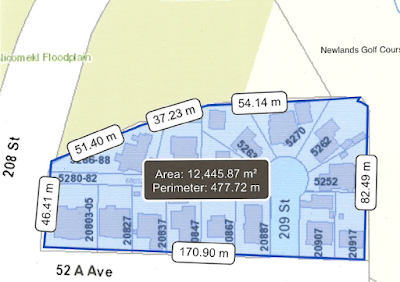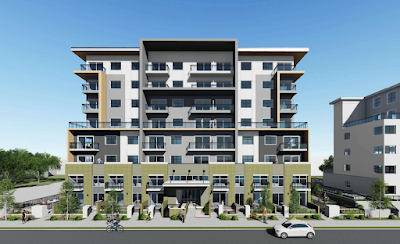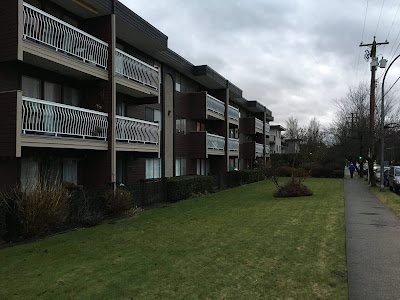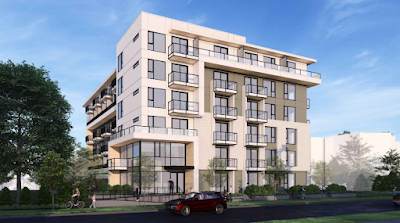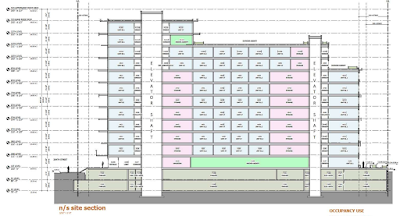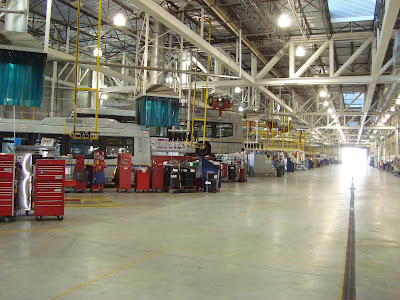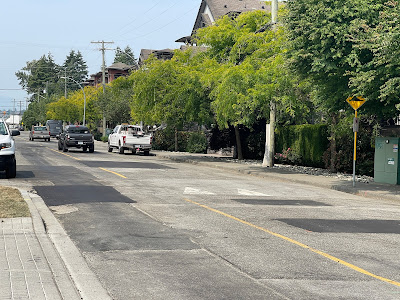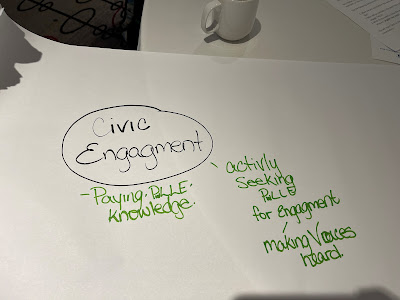When development occurs in a community, or Langley City's case, redevelopment, we need to make sure that both infrastructure and services can accommodate that growth and that we can provide the same level of service to people and businesses in our community.
On the services side, new property tax revenue helps offset the increased cost of delivering services to a growing community. For example, more people and businesses mean we need more police officers, firefighters, bylaw officers, recreation services, library services, and park services which the City funds with property tax.
I sometimes hear folks comment that cities love development because it provides windfall property tax which, I can only guess some folks believe, gets hoarded into a Scrooge McDuck-type Money Bin. I can guarantee you this is not the case in Langley City. City Council puts every cent of property tax revenue collected from redevelopment back into the community to ensure we maintain our existing service levels even as our population grows.
The other way that municipalities can help ensure that "growth pays for growth" is through Development Cost Charges, Density Bonuses, and Community Amenity Contributions. The City charges or negotiates these fees during the redevelopment process and uses them to pay for transportation, below-market housing, parks, water, sewer, and stormwater infrastructure required due to growth. This "growth paying for growth" system does have gaps, which I've posted about in the past.
For Development Cost Charges, the City is looking at increasing the rates as follows:
| Type | Measure | Exisiting Rate | Proposed Rate |
|---|---|---|---|
| Detached | per unit | $18,409 | $46,078 |
| Townhouse | per unit | $14,503 | $32,858 |
| Apartment | per unit | $9,549 | $21,335 |
| Commercial | ft2 GFA | $6.84 | $14.61 |
| Industrial | ft2 GFA | $3.03 | $6.07 |
| Institutional | ft2 GFA | N/A | $14.61 |
GFA = Gross Floor Area
The City has completed several plans over the last few years, which outline what projects are required to accommodate growth. These proposed rates reflect the projects in those updated plans.
The City will seek feedback from our community, the development industry and development professionals over the next few months on these proposed rates. If any adjustments are required, they will be made. Council will formally consider updating the rates in the fall. If Council approves the rates, the City must submit the updated rates and what projects they will be used for to the provincial government for approval.

